
Cajemé / Kahe'eme, born and baptized José María Bonifacio Leyba Pérez, was a prominent Yaqui military leader who lived in the Mexican state of Sonora from 1835 to 1887. Kahe'eme (Cajemé) is originally a family clan name, and was also used by Fernando Leyba, the father of José María Bonifacio Leyba Pérez.

William Walker was an American physician, lawyer, journalist, and mercenary. In the era of the expansion of the United States, driven by the doctrine of "manifest destiny", Walker organized unauthorized military expeditions into Mexico and Central America with the intention of establishing slaveholding colonies. Such an enterprise was known at the time as "filibustering".

John Bell was an American politician, attorney, and planter who was a candidate for President of the United States in the election of 1860.
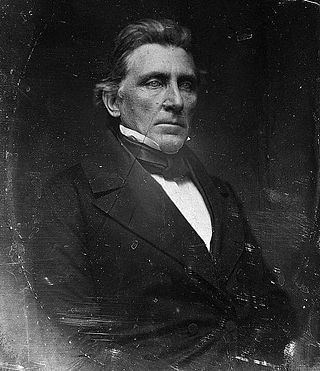
William McKendree Gwin was an American medical doctor and politician who served in elected office in Mississippi and California. In California he shared the distinction, along with John C. Frémont, of being the state's first U.S. senators. Before, during, and after the Civil War, Gwin was well known in California, Washington, D.C., and the Southern United States as a determined Confederate sympathizer.

Granville Henderson Oury was a nineteenth-century American politician, lawyer, judge, soldier, and miner.

Nigel Gregory Scullion is a former Australian politician who was a Senator for the Northern Territory from 2001 to 2019. He was a member of the Country Liberal Party (CLP) and sat with the National Party in federal parliament. He held ministerial office under four prime ministers.

Cananea is a city in the Mexican state of Sonora, Northwestern Mexico. It is the seat of the Municipality of Cananea, in the vicinity of the U.S−Mexico border.
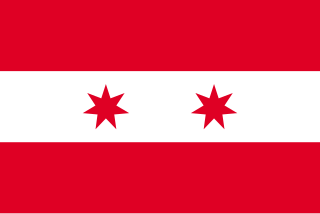
The Republic of Baja California and Sonora or more simply known as the Republic of Sonora was a short-lived, unrecognized federal republic ruled by filibuster William Walker in 1854. It was based in Baja California and also claimed Sonora. Walker's actions generated interest back in San Francisco, where bonds for the Republic of Sonora were sold, and its flag was even raised in places. His enterprise, however, suffered from a lack of supplies and discontent from within; the Mexican government quickly forced Walker to retreat.

Caborca is the municipal seat of the Caborca Municipality in the Mexican state of Sonora. The city has a population of 67,604, while the municipal population was 89,122 as of 2020.

Ramón Corral Verdugo was a Mexican politician who served as the Vice President of Mexico under President Porfirio Díaz from 1904 when it was reestablished until their resignations in May 1911, due to mounting pressure from Liberal forces during the Mexican Revolution. He previously served as Governor of the Federal District and Secretary of the Interior.

The 7th California Infantry Regiment was an infantry regiment in the Union Army during the American Civil War. It spent its entire term of service in the western United States, attached to the Department of the Pacific, serving in California and Arizona Territory. They were known as the "Gold Diggers" in reference to the large number of recruits from the California's "Mother Lode" region. Later, they were also called the "Hungry Seventh" for the privations they suffered in Arizona, particularly at Fort Mason. The Regiment included many veterans of the Mexican–American War.

Roberto V. Pesqueira Morales was a Mexican politician who was elected twice to the Chamber of Deputies and was commissioned by President Venustiano Carranza to work as a confidential agent in the United States and secure diplomatic recognition to his regime.

The 1856–57 United States Senate elections were held on various dates in various states. As these U.S. Senate elections were prior to the ratification of the Seventeenth Amendment in 1913, senators were chosen by state legislatures. Senators were elected over a wide range of time throughout 1856 and 1857, and a seat may have been filled months late or remained vacant due to legislative deadlock. In these elections, terms were up for the senators in Class 1.
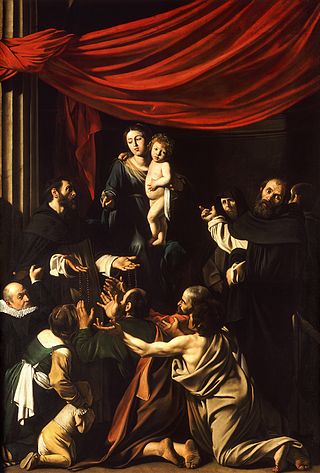
This article details the history of Sonora. The Free and Sovereign State of Sonora is one of 31 states that, with the Federal District, comprise the 32 Federal Entities of Mexico. It is divided into 72 municipalities; the capital city is Hermosillo. Sonora is located in Northwest Mexico, bordered by the states of Chihuahua to the east, Baja California to the northwest and Sinaloa to the south. To the north, it shares the U.S.–Mexico border with the states of Arizona and New Mexico, and on the west has a significant share of the coastline of the Gulf of California.
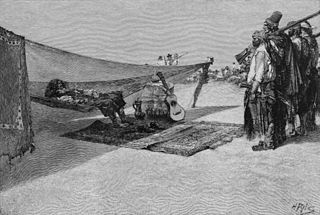
Between 1665 and 1857, Caribbean pirates and filibusters operated in Lake Nicaragua and the surrounding shores. The Spanish city of Granada, located on the lake, was an important trading centre for much of its early history so it was a prime target for pirates such as Welshman Henry Morgan and freebooters like William Walker.

The Yaqui Wars, were a series of armed conflicts between New Spain, and its successor state, the Mexican Republic, against the Yaqui Natives. The period began in 1533 and lasted until 1929. The Yaqui Wars, along with the Caste War against the Maya, were the last conflicts of the centuries long Mexican Indian Wars. Over the course of nearly 400 years, the Spanish and the Mexicans repeatedly launched military campaigns into Yaqui territory which resulted in several serious battles and massacres.

The Crabb Massacre was the culmination of the eight-day Battle of Caborca. It was fought between Mexico and their O'odham allies against irregular forces from the United States in April 1857. Due to the outbreak of the Reform War in Mexico between conservatives and liberals (1858-1860), the rebel Ignacio Pesqueira invited the U.S. politician Henry A. Crabb to colonize the northern frontier region in the state of Sonora. The colonists could help Pesqueira fight in the civil war and against the Apache.

This is a list of members of the Australian Senate following the 2016 Australian federal election held on 2 July 2016. The election was held as a consequence of a double dissolution in which both houses of parliament were dissolved. Ordinarily, only half of the senators terms end at each election. In this case, all 76 senators were elected. At the first sitting following the election, half of the senators representing each of the six states of Australia were allocated six-year terms to end on 30 June 2022, with the remainder allocated three-year terms to end on 30 June 2019. The terms of senators from the Australian Capital Territory and the Northern Territory end on the day of the next federal election.
Charles Conant Maldonado was a Mexican businessman, colonel, and politician, one of the founders of the Sonora-Sinaloa Irrigation Company (SSIC) along with his brother Joseph Benjamin (Benito) Conant Maldonado and Santos Valenzuela, a businessman from the agricultural town Cócorit, Sonora. In 1883 he was municipal president of Ocampo, Chihuahua, after Sonoran Governor Ignacio Pesqueira banished him from Sonora in 1873, for having taken up arms against him.
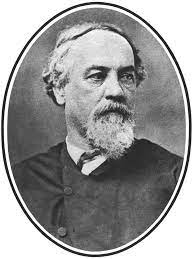
Ignacio Pesqueira García (1820-1886) was a 19th-century Mexican general and politician. He was the Governor of Sonora over six times, with two of the six terms being an insurgent governor during the Second French intervention in Mexico.



















